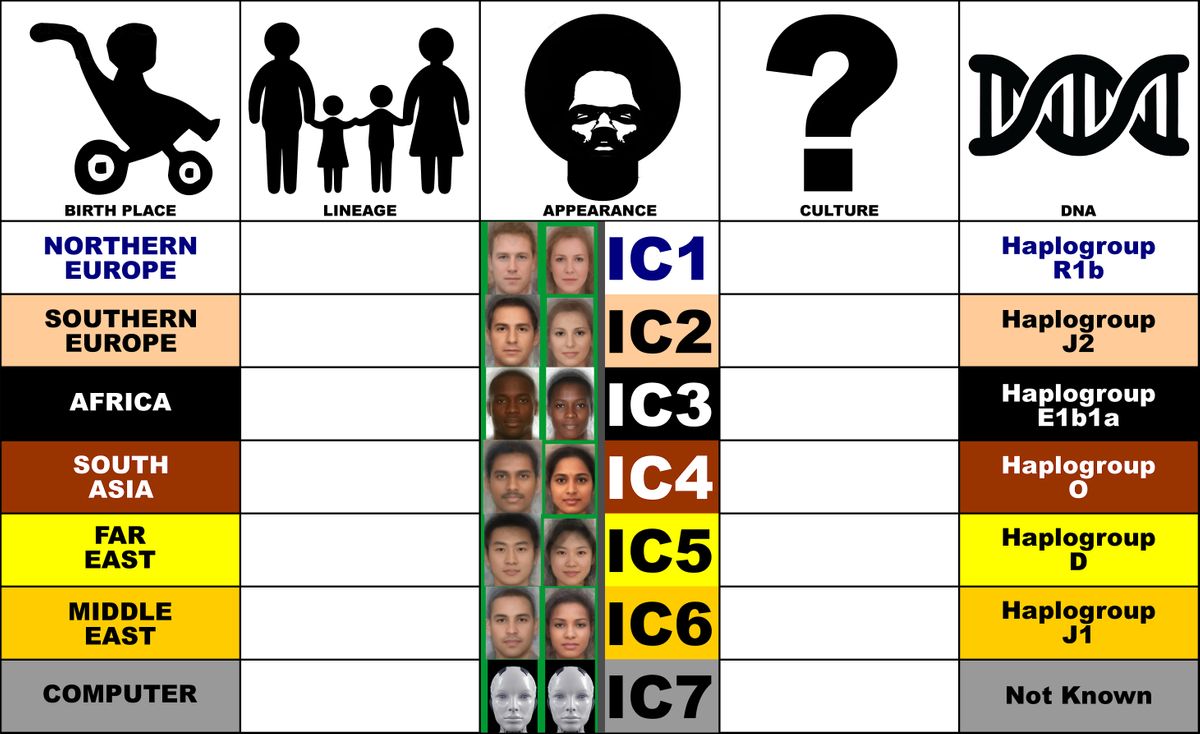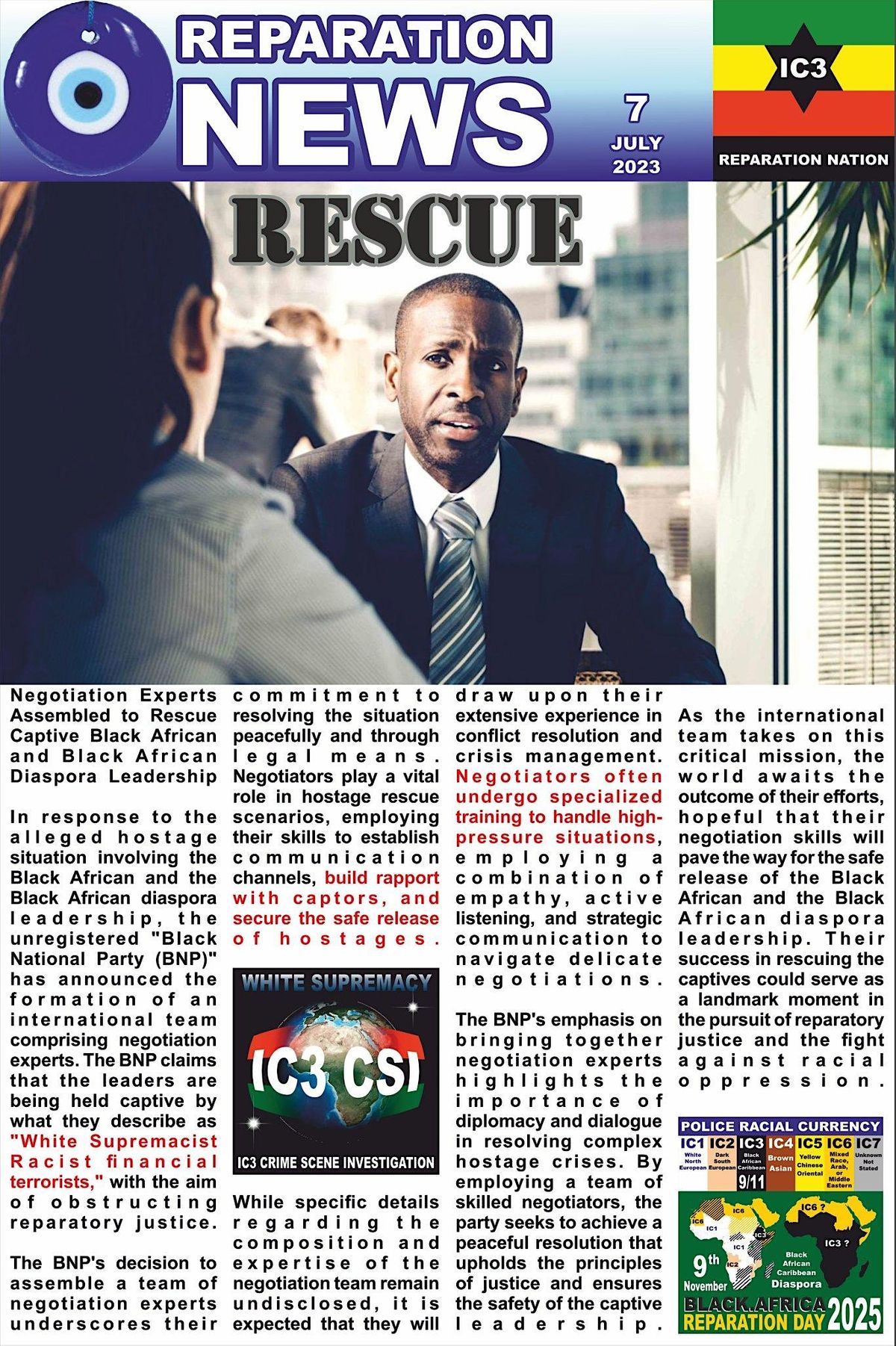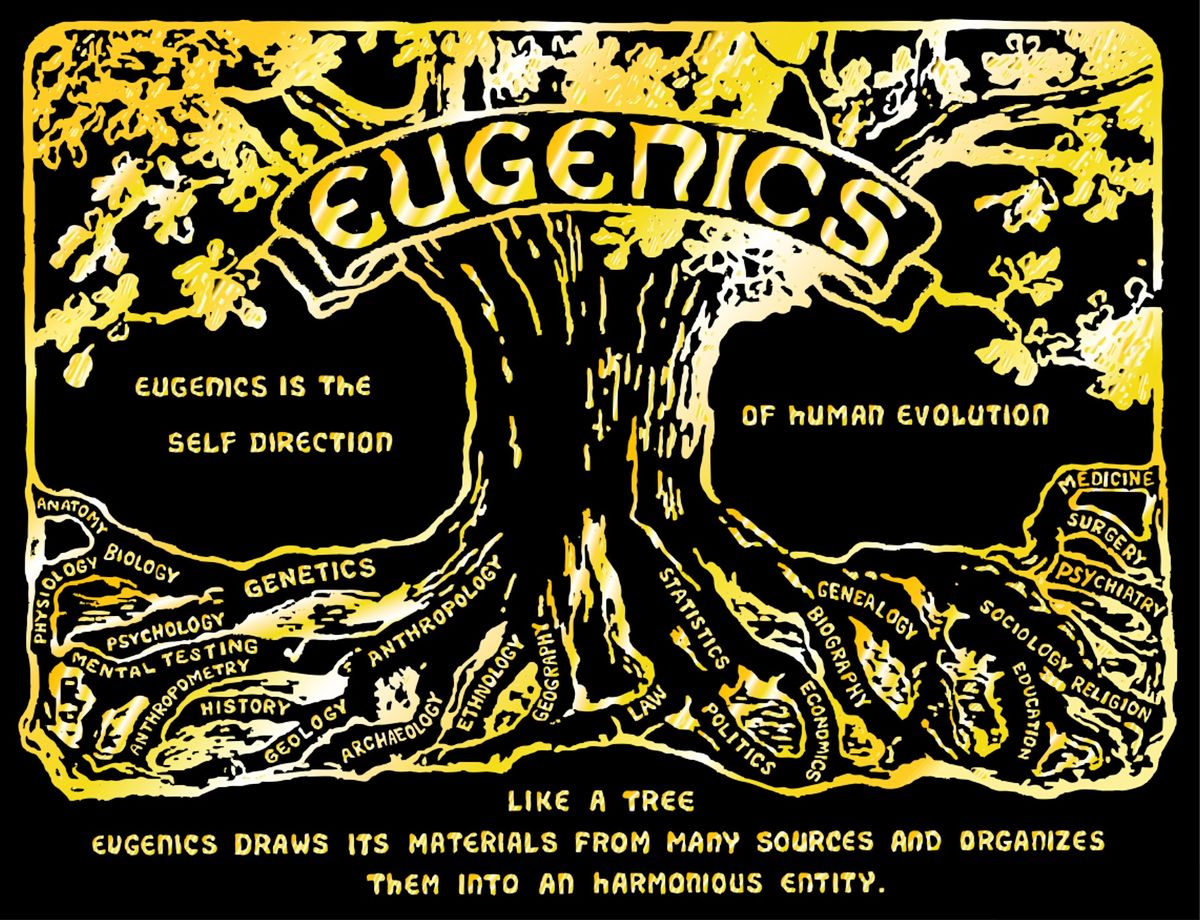SPIRIT OF JOHN CANOE REPARATION FASCIST - INTERNATIONAL LEGAL PERSONALITY
Schedule
Sun, 21 Jul, 2024 at 02:00 pm to Sun, 09 Nov, 2025 at 05:00 pm
UTC+01:00Location
Speakers' Corner | London, EN
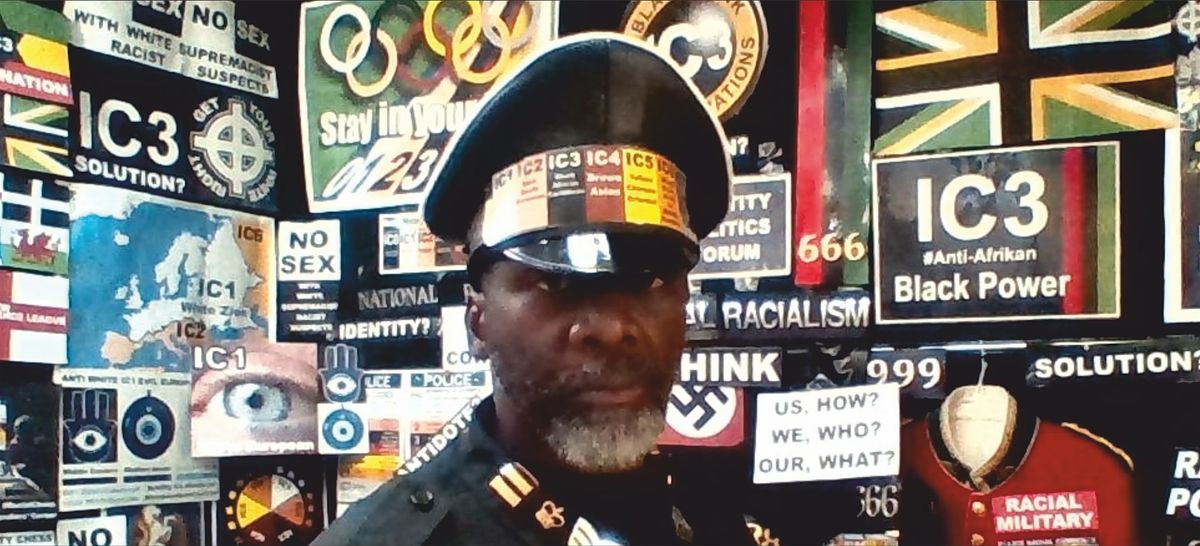
About this Event
ADEJA Weekly Discussion Meetings in London: A Pathway to Reparatory Justice
The African Diaspora Equity and Justice Alliance (ADEJA) hosts weekly discussion meetings around London, focusing on the potential use of the mythical figure John Canoe/Junkanoo, the Reparation Fascist, as an international legal personality for delivering reparatory justice to Black and Mixed-Black individuals worldwide. This article delves into the intricacies of these discussions, the significance of John Canoe/Junkanoo, and the broader objectives of ADEJA.
I. Understanding ADEJA
What is ADEJA?
ADEJA stands for the African Diaspora Equity and Justice Alliance, an organization dedicated to the empowerment, unity, and pursuit of historical reparatory justice for Black Africans and the Black African diaspora. ADEJA aims to address historical inequities through evidence-based claims and promote a Black African Autonomous Entity for Empowerment and Reparatory Justice.
Mission of ADEJA
The mission of ADEJA is to advance the well-being of Black and Mixed-Black communities by providing a platform for reparatory justice. This involves advocating for fair compensation and restorative measures for historical injustices faced by these communities.
Financing ADEJA
ADEJA is financed by Reparation Nation Limited, ensuring that it has the necessary resources to pursue its ambitious goals. This financial backing allows ADEJA to organize events, process reparatory claims, and promote its agenda on an international scale.
II. John Canoe/Junkanoo: The Reparation Fascist
Who is John Canoe/Junkanoo?
John Canoe, also known as Junkanoo, is a mythical figure who has been reimagined as a Reparation Fascist. In this context, a Reparation Fascist is someone who fervently advocates for the delivery of reparatory justice to Black and Mixed-Black individuals, using a combination of historical, legal, and cultural strategies.
Historical Background of John Canoe/Junkanoo
John Canoe or Junkanoo is a traditional figure celebrated in Caribbean festivals. Historically, he represents resistance and resilience against colonial oppression. By adopting this figure, ADEJA aims to invoke the spirit of resistance and justice in their reparatory efforts.
Reparation Fascist Defined
A Reparation Fascist, in the context of ADEJA, is an individual or entity that rigorously pursues reparatory justice. This term is not associated with the traditional negative connotations of fascism but is used to denote an unwavering commitment to the cause of reparations.
III. Celebrating John Canoe/Junkanoo's Birthday
Significance of November 9th (9/11)
ADEJA plans to celebrate John Canoe/Junkanoo's birthday on November 9th, marking it as a significant date for the launch of an international Black entity dedicated to reparatory justice. This date symbolizes a new beginning and a unified effort towards achieving justice for historical wrongs.
Launch of the International Black Entity
On November 9th, 2025, ADEJA aims to establish an international Black entity that will serve as the official body for processing and advocating for reparatory claims. This entity will work towards empowering Black and Mixed-Black individuals and ensuring that their historical grievances are addressed.
IV. International Legal Personality and ADEJA's Strategy
What is an International Legal Personality?
An international legal personality refers to an entity recognized by international law as having rights and obligations. ADEJA aims to establish John Canoe/Junkanoo as such a personality to legitimize their efforts in the global arena.
Mythical Character and Legal Recognition
By using a mythical character like John Canoe/Junkanoo, ADEJA taps into a rich cultural heritage, making their cause more relatable and impactful. The character's historical significance and symbolic power provide a strong foundation for their legal and reparatory claims.
UK Protected Characteristics and ADEJA
The UK recognizes certain protected characteristics, including race and ethnicity, which are crucial for ADEJA's strategy. These characteristics help clarify identities and ensure that reparatory justice is delivered to the right individuals.
V. Race, Ethnicity, and National Security
The Importance of Race and Ethnicity in the UK
Race and ethnicity are vital for understanding and addressing social issues in the UK. They help in creating targeted policies and ensuring that minority communities receive the support and justice they need.
Threats to National Security
Any attempt to dismantle race as a protected characteristic poses a threat to national security. It undermines social cohesion and stability, which are essential for a peaceful and prosperous society.
Race and Ethnicity Codes for Clarifying Identity
ADEJA uses UK race and ethnicity codes to effectively classify and identify individuals. This classification is crucial for processing reparatory claims and ensuring that justice is delivered accurately.
VI. John Canoe/Junkanoo: A Symbol of Reparatory Justice
Why John Canoe/Junkanoo?
John Canoe/Junkanoo, with his historical and cultural significance, is an ideal figure to represent the cause of reparatory justice. His association with resistance and resilience makes him a powerful symbol for ADEJA's mission.
Inspiration from Vichy France
John Canoe is inspired by Vichy France, where historical events have shaped the modern understanding of justice and reparation. This inspiration helps in framing the reparatory justice movement within a broader historical context.
Campaign for Better Race Relations
The John Canoe campaign aims to improve race relations between France and Germany. Better race relations in these countries are seen as crucial for achieving global stability and accelerating reparatory justice.
UK Race and Ethnicity Codes and the John Canoe Map
John Canoe promotes the use of UK race and ethnicity codes combined with a racial map. This map is designed to improve race relations and facilitate the delivery of reparatory justice.
VII. The John Canoe Plan and Vichy France
Understanding Vichy France
Vichy France refers to the regime that governed parts of France during World War II. Although controversial, the historical lessons from this period are used to shape a positive future through the John Canoe plan.
Turning History into a Positive Future
The John Canoe plan aims to transform the unpleasant history of Vichy France into a lesson for building a better and more just society. By learning from past mistakes, the plan seeks to create a future of equality and justice.
Improving Race Relations in France and Germany
The John Canoe plan involves using the UK race and ethnicity system to improve race relations in France and Germany. Better relations in these countries are seen as pivotal for global stability and reparatory justice.
VIII. UK Support for John Canoe
Why Should the UK Support John Canoe?
Supporting John Canoe aligns with British values and the UK's historical efforts to abolish the slave trade. It demonstrates a commitment to justice and equality.
British Values and Abolition of the Slave Trade
The UK's support for John Canoe is in line with its legacy of fighting against slavery. This historical context provides a strong moral foundation for supporting reparatory justice initiatives.
The John Canoe Race Map and Chart
The John Canoe race map and chart provide a visual representation of racial classifications. These tools help in understanding and addressing racial issues more effectively.
IX. ADEJA and the UK Government
Working with the UK Government
ADEJA collaborates with the UK government to ensure that its objectives align with national interests. This partnership is crucial for achieving the broader goals of reparatory justice.
UK Racial and Ethnic Values
ADEJA's initiatives are rooted in the UK's racial and ethnic values. These values provide a framework for understanding and addressing the needs of Black and Mixed-Black communities.
X. Conclusion
A Pathway to Reparatory Justice
ADEJA's weekly discussion meetings in London, centered around John Canoe/Junkanoo, are a crucial step towards achieving reparatory justice for Black and Mixed-Black individuals worldwide. By leveraging historical, legal, and cultural strategies, ADEJA aims to create a future of equality and justice.
The Future of ADEJA
As ADEJA prepares to launch an international Black entity on November 9th, 2025, it continues to build a strong foundation for reparatory justice. The organization's commitment to addressing historical injustices and promoting Black empowerment remains unwavering.
A Call to Action
ADEJA calls on individuals, communities, and governments to support their mission. By working together, we can ensure that reparatory justice is delivered, and a brighter future is built for Black and Mixed-Black communities worldwide.
This comprehensive exploration of ADEJA's initiatives and the significance of John Canoe/Junkanoo provides a detailed understanding of their efforts towards reparatory justice. By examining the historical, legal, and cultural dimensions of their work, we can appreciate the depth and importance of their mission.
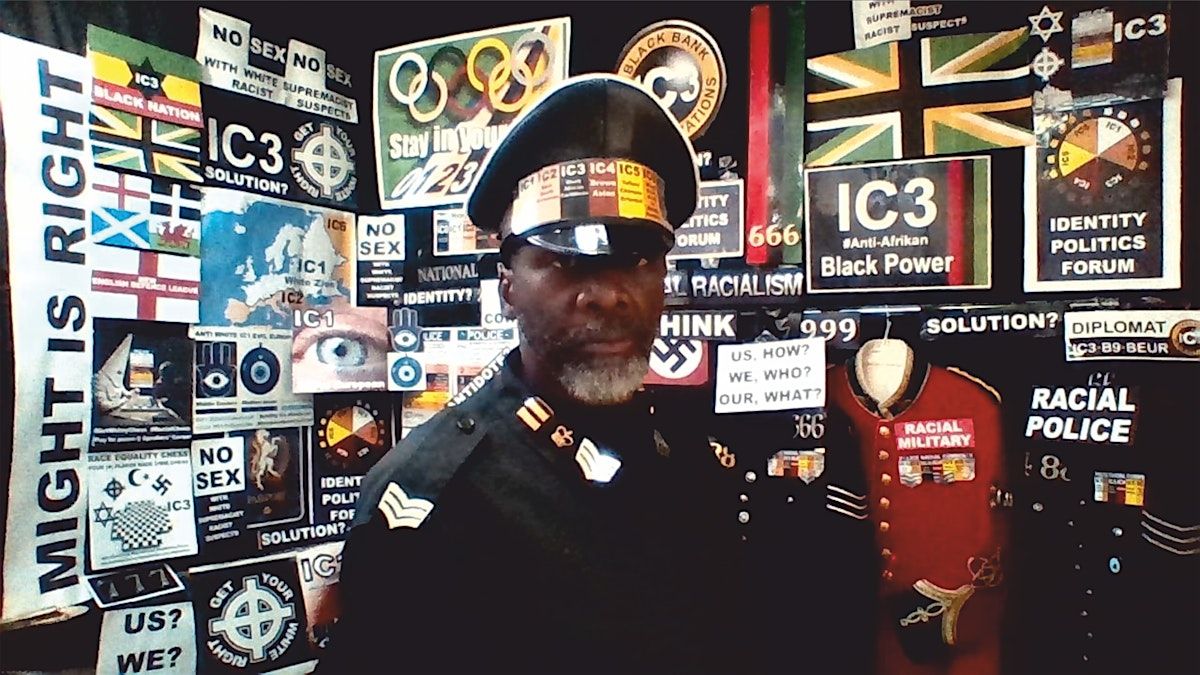
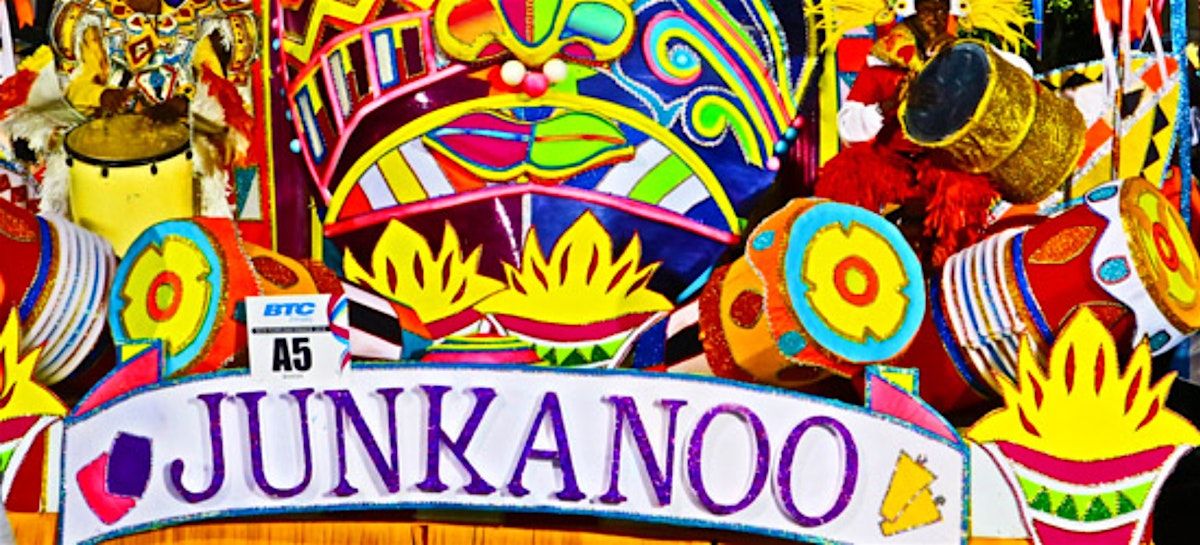
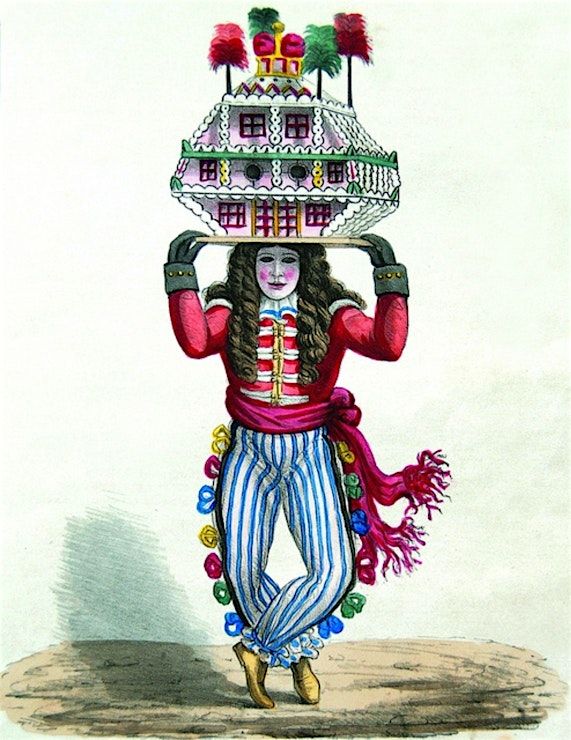
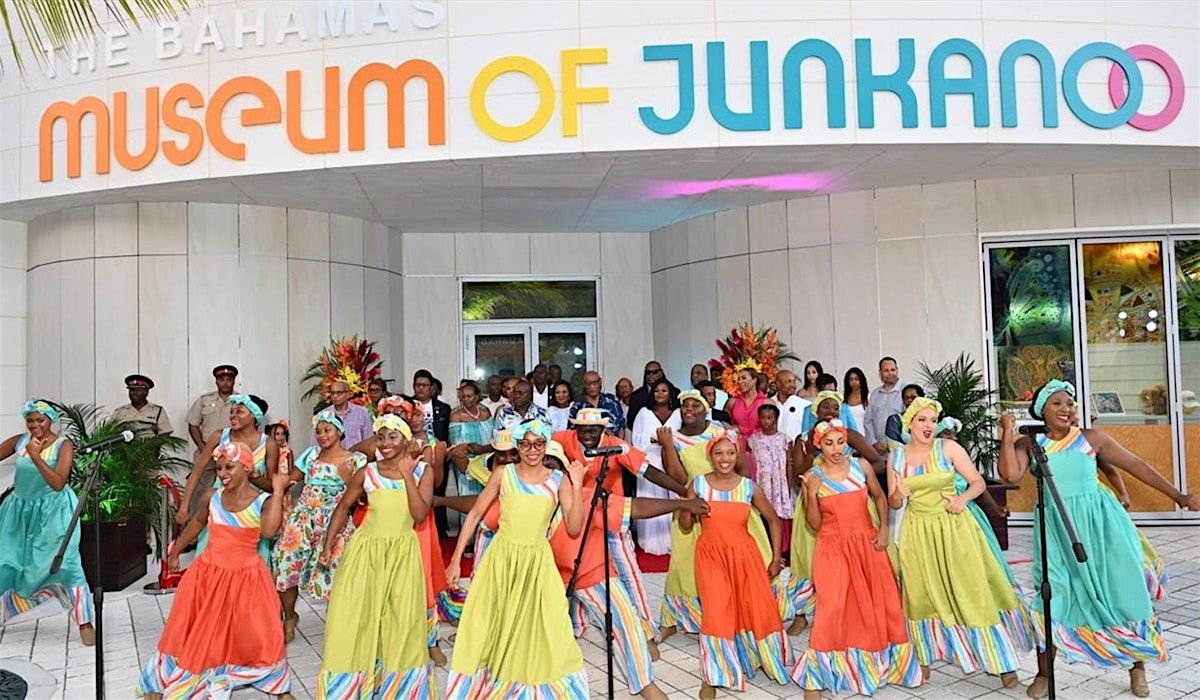
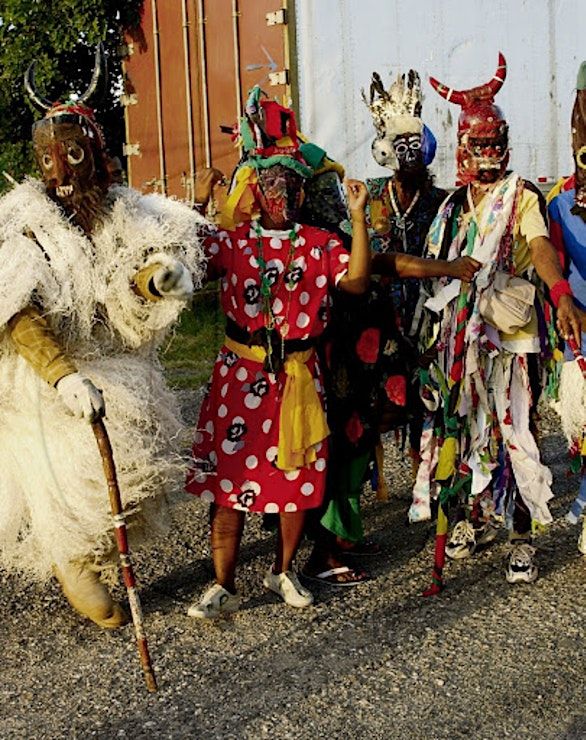
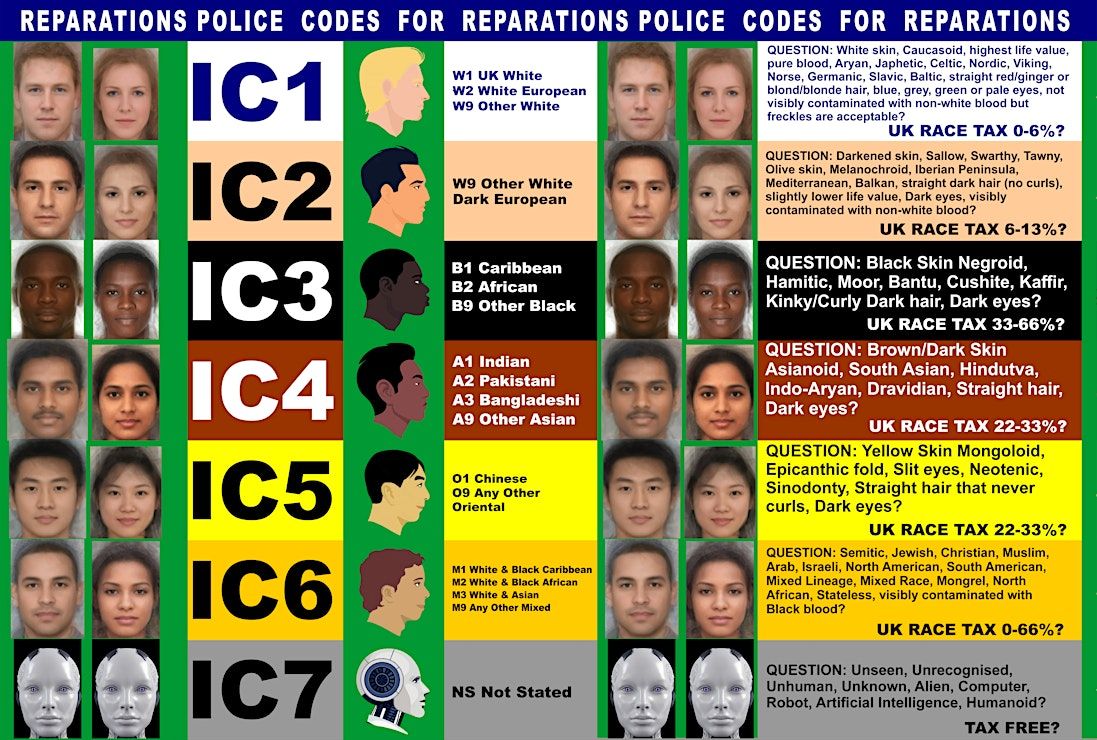
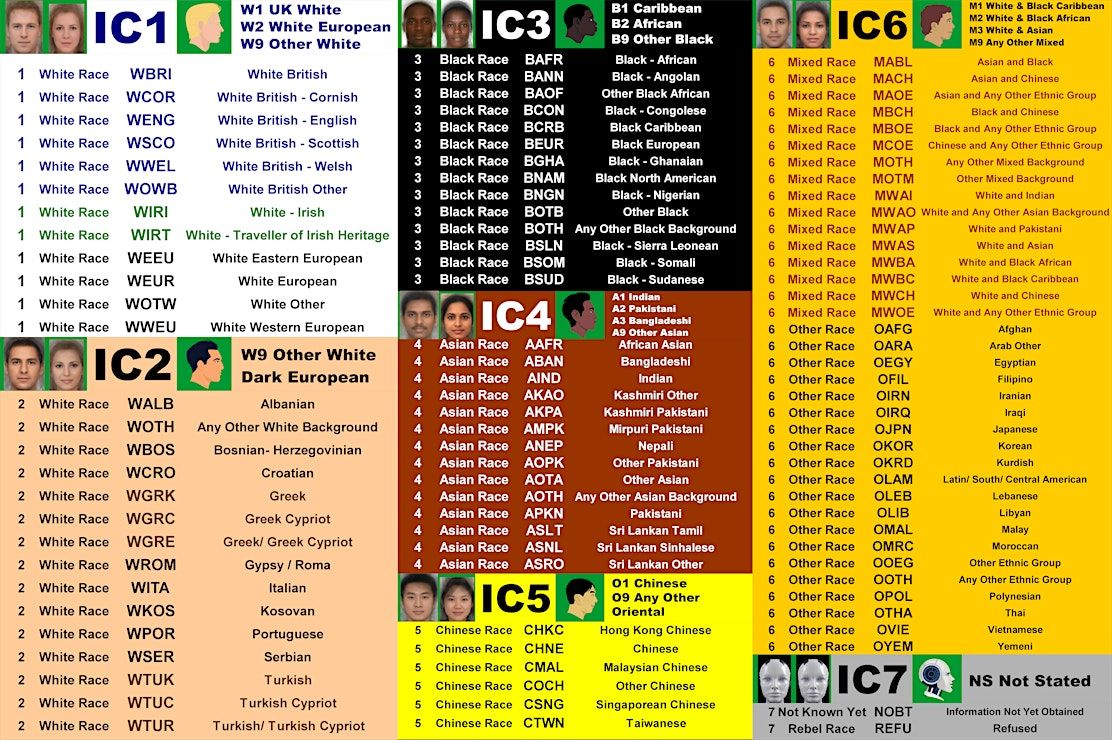
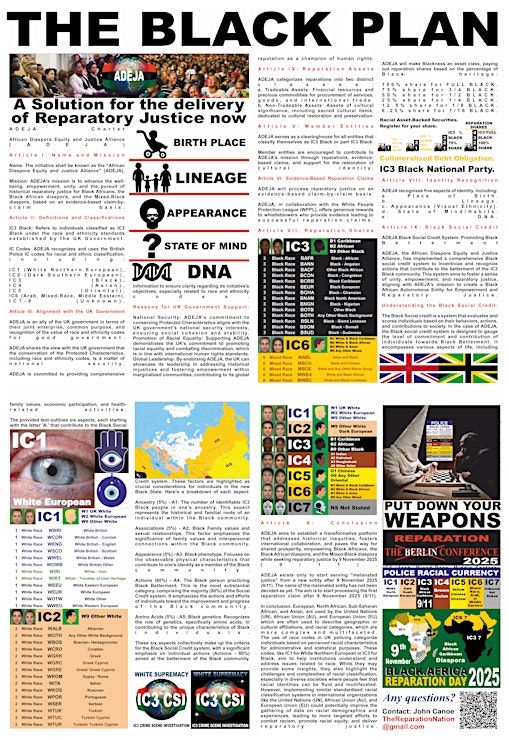
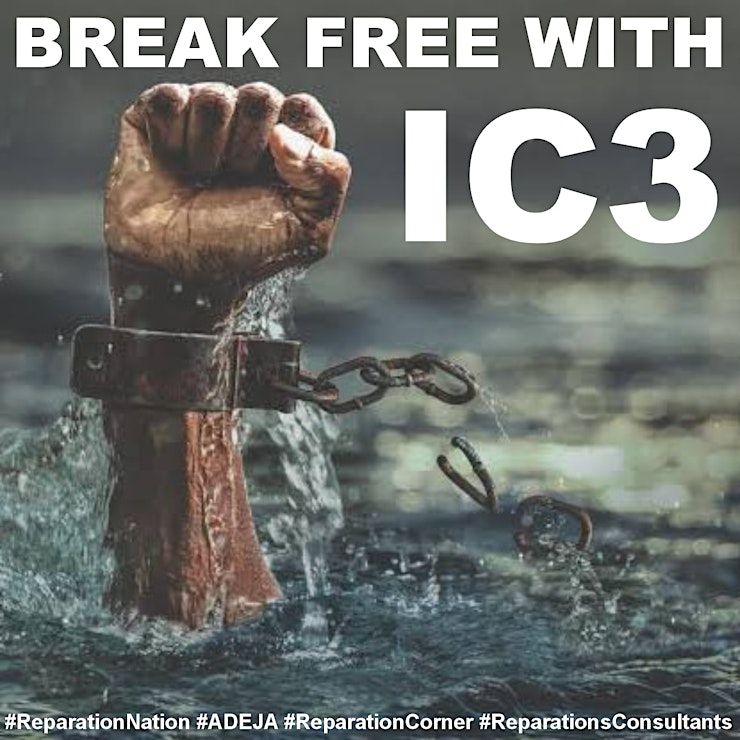
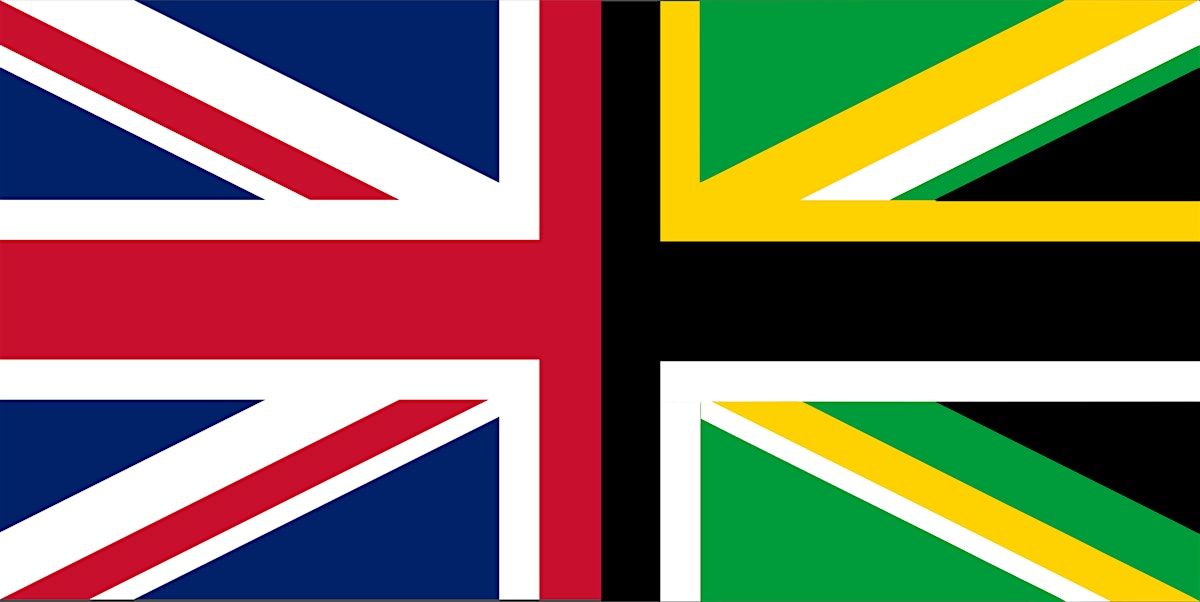
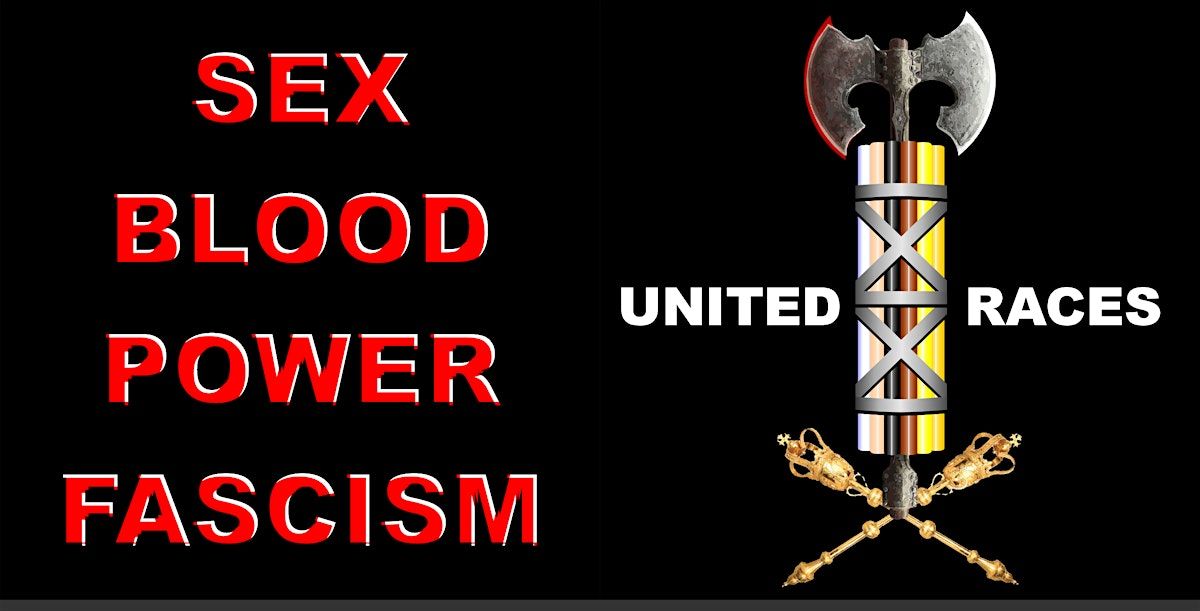
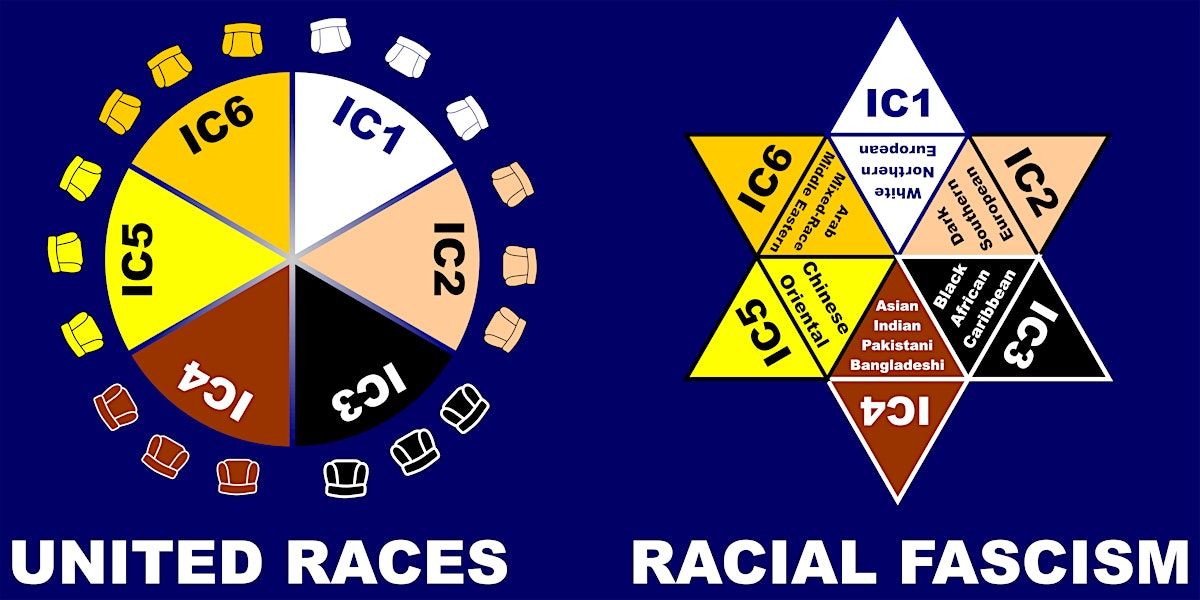
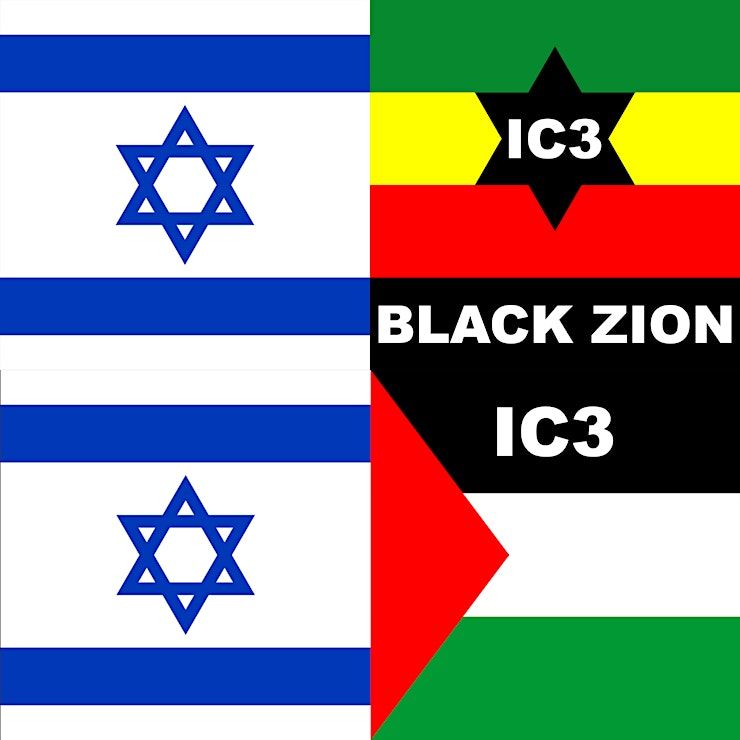
Where is it happening?
Speakers' Corner, Speakers' Corner, London, United KingdomEvent Location & Nearby Stays:
GBP 0.00










